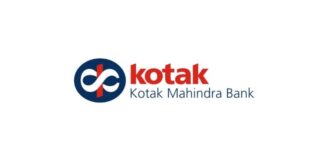The Science of Language Learning
Share

Language learning is a multifaceted process influenced by various cognitive and neurological factors. Understanding the science behind language acquisition can enhance learning strategies and optimize outcomes.
- Brain Plasticity: Language learning stimulates brain plasticity, allowing for the creation of new neural connections and the reorganization of existing ones. Neuro-imaging studies demonstrate structural and functional changes in the brain as a result of language learning activities.
- Input and Output:Effective language acquisition requires exposure to comprehensible input, such as listening, reading, and viewing authentic materials in the target language. Output, including speaking and writing, reinforces comprehension and internalizes linguistic patterns.
- Meaningful Contexts:Learning in meaningful contexts facilitates language acquisition by promoting relevance and engagement. Authentic materials related to daily life or personal interests enhance comprehension and retention, fostering deeper connections with the language.
- Practice and Repetition: Consistent practice and spaced repetition techniques optimize language learning. Spreading out practice sessions over time enhances retention compared to massed practice. Utilizing spaced repetition methods like flashcards aids long-term memory retention.
- Motivation and Emotion:Intrinsic motivation drives language learning success, while positive emotions enhance cognitive processes. Creating a supportive learning environment, celebrating progress, and fostering a sense of accomplishment boost motivation and facilitate effective language acquisition.
In conclusion, understanding the science of language learning empowers learners to optimize their strategies and accelerate their progress. By leveraging brain plasticity, engaging with meaningful contexts, practicing regularly, and fostering motivation, individuals can achieve proficiency in a new language more efficiently and effectively.
Shweta Agarwal, Founder WordBridge Language School















